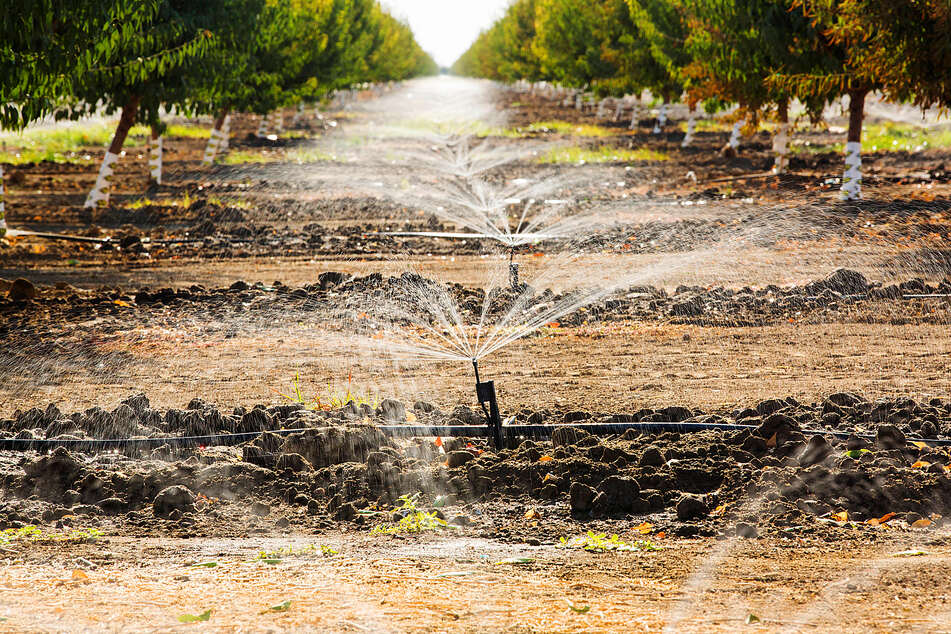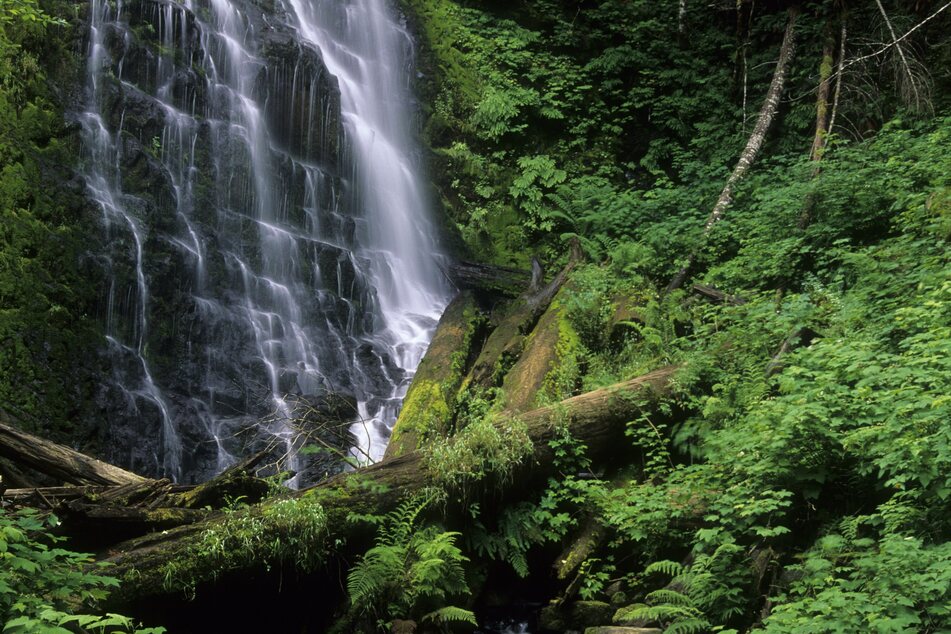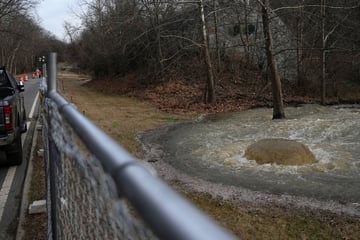Taking a bite out of climate change: How students are learning about the climate crisis through cooking
Corvallis, Oregon - Recipes have changed through the years due to climate change, and one university professor told TAG24 how she took that as the starting point for an incredibly innovative science project.

Oregon State University Professor Dr. Dominique Bachelet got students in her Food and Climate course to look at recipes and how climate change has affected them.
Students pick a recipe, follow it for at least the past 100 years, and cook the dish at the end of the term.
Part of the task is finding out where the ingredients they use for their dish come from today. This already opens the door to the climate conversation.
Black beans were one of the biggest surprises to everyone in the class. One student figured out that the local co-op ships organic black beans in from China because it's the cheapest option, rather than importing them locally from regions like Idaho.
The students got fired up about the cookbook project, so much so that they were swapping recipe findings, food photos, and tips on ingredients, which just goes to show that science plus arts or hobbies equals fun. Even parents got in on the act, as many let Dr. Bachelet that they were inspired to start their own culinary traditions with their kids.
Most importantly, the experiment made students willing to drastically change their consumption on the back of what they learned about their food.
Art inspired the cookbook

Three things from a Nature Conservancy conference in 2007 inspired Dr. Bachelet to her to start the climate cookbook project.
One major hit was a comedian who was "very scientifically correct." His routine told the story of the waterways and people of the Pacific Northwest.
The conference also featured a professor hosting a climate change wine-tasting. Each wine was from a different year, and the professor explained how the shifting climate made its mark on wine pairing.
Finally, a climate change-themed art show for kids and professionals brought even more color to the event. As Dr. Bachelet told TAG24, attendees "may not remember the name of the speakers I had during the different sessions, but they remember the postcards and the art."
The winning entry depicted the Earth and a UFO with a big question mark above it, and Dr. Bachelet was struck by what its young author had to say about it: "Obviously we can't find the solution on this planet, so we'll have to ask somebody from outer space."
That made her think about younger generations and their sense that not enough is being done about climate change, as well as about how to make the topic more approachable.
The answer was baked in the program of that 2007 conference, which showed how "climate really affects what you are eating, what you are drinking" – and Dr. Bachelete's cookbook course follows the same recipe.
Not least of all, it also leaves her students with some practical answers too: "We can vote with our credit card. When you go to the store and buy food, check where it comes from."
Cover photo: IMAGO/Cavan Images
